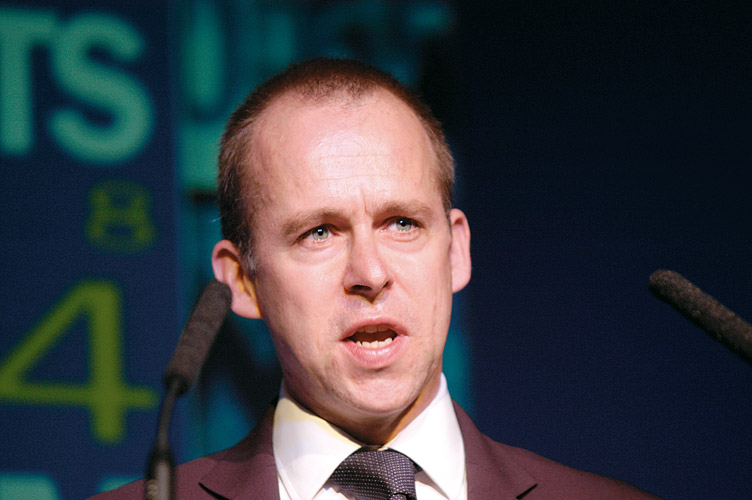A survey of salaries and benefits within the industry by BWD Financial Services found the people who provide the advice – advisers and paraplanners – are towards the bottom of the chain.
According to the survey, last year the average employed adviser earned nearly £63,000, while the average self-employed earned £60,500. In contrast, employee benefit consultants earned an average of £87,000, while for a paraplanner the average salary was £28,500.
However, paraplanners are more optimistic about salary rises this year than other occupations in the survey. Of course, because all these numbers are averages, there are considerable disparities in the highest and lowest, and additional benefits such as pension contributions , car allowances or even subsidised meals.
And while we all talk about whether commission or fee-based advice is the right route for the client, there seems to be something wrong in the industry if an employee benefit consultant can earn more than a self-employed adviser.
It perhaps proves the idea that IFAs have grown fat and rich on commission-loaded sales to little old grannies to be a fallacy.
What the figures perhaps also show is the shift towards workplace advice is faster than generally recognised, and the workplace may in fact fill the so-called advice gap for clients orphaned by the banks or some advisers. But, even if this turns out to be the case, should an employee benefit adviser be earning more than a traditional financial adviser – employed or self-employed?
Arguably not. Surely the greater level of work and service is provided by looking after individual clients, rather than having a captive audience in a workplace? I am sure Investment Week’s employee benefit advisers would politely disagree with that, as would my poor, old, knackered, and now retired, IFA.
What the figures show is making a living out of providing financial advice in the traditional one-to-one model is not going to make anyone rich overnight.
An encouraging point drawn from the salary survey was the average age of an adviser last year was 42 – down from the fabled 55. But, worryingly, there were very few people below the age of 30, suggesting a lack of new blood coming into the industry.
Perhaps the answer to the nation’s lack of financial planning has nothing to do with fees or commission, just the lack of opportunity to earn a decent annual salary more commensurate with other professions?
Lawrence Gosling is the founding editor of Investment Week. His views are his own, any comments to him at lawrencegosling1@gmail.com
















